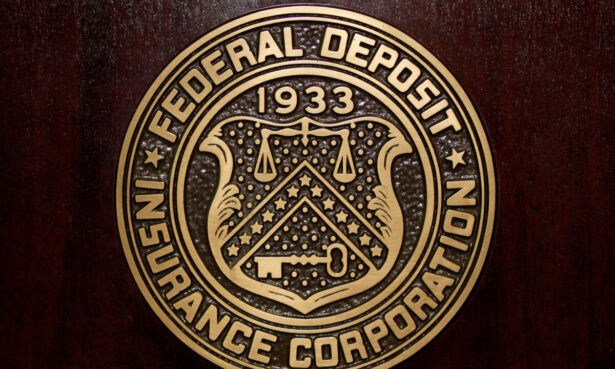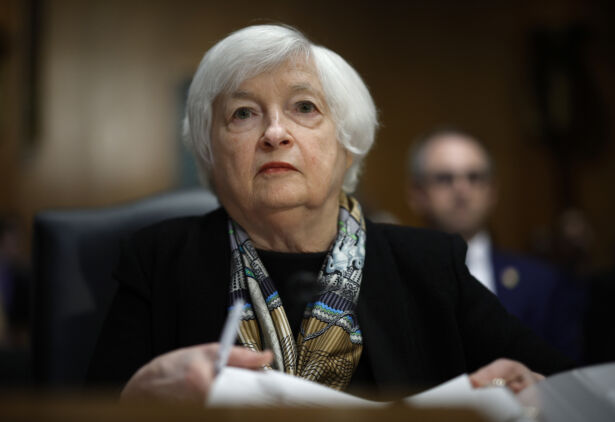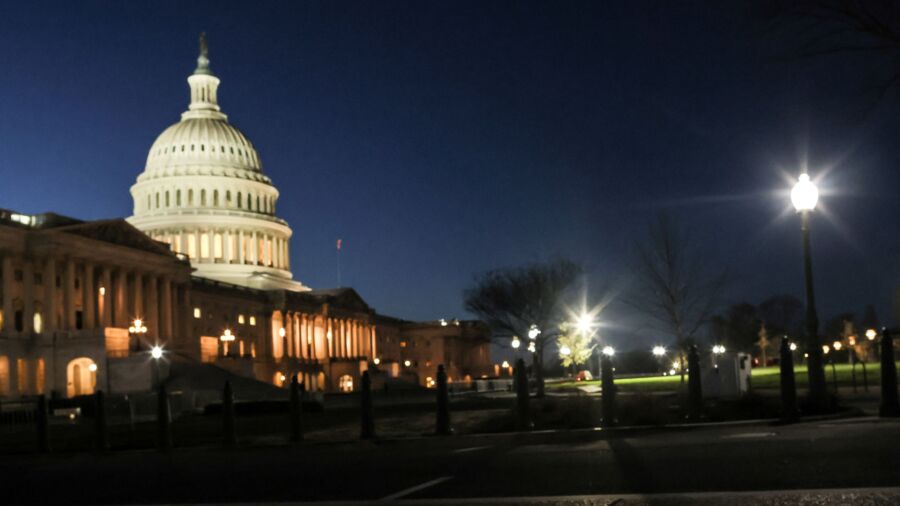Congress will hold its first bipartisan hearing with top federal financial regulators into the failure of Silicon Valley Bank (SVB) and Signature Bank at the end of the month, the House Financial Services Committee announced Friday.
Martin Gruenberg, chairman of banking regulator the Federal Deposit Insurance Corporation (FDIC), and Michael Barr, vice chair for supervision of the Federal Reserve, have been summoned to testify, with the first hearing scheduled for March 29.
In a joint statement, committee Chairman Patrick McHenry (R-N.C.) and Ranking Member Maxine Waters (D-Calif.) declared they’re determined to conduct the hearing “without fear or favor” and to deliver answers to the American people about the banks’ collapse, which has the potential to escalate into a more significant banking crisis.
“The House Financial Services Committee is committed to getting to the bottom of the failures of Silicon Valley Bank and Signature Bank,” McHenry and Waters said in a joint statement. “This hearing will allow us to begin to understand why and how these banks failed.”

Biden Urges Accountability
Meanwhile, banking executives who presided over failed banks would be banned from working in the sector again under a new proposal announced by the White House on Friday.
President Joe Biden has used the financial turmoil as an opportunity to call on Congress to expand the FDIC’s power to claw back compensation from executives at failed banks, including gains from stock sales.
According to the White House, the move aims to make senior management more accountable for the collapse of their institutions and allow regulators to punish bank executives who engage in mismanagement and excessive risk-taking more easily.
“Congress must take action to strengthen the ability of the federal government to hold senior management accountable when their banks fail and enter FDIC receivership,” the White House said in a statement.
Currently, the FDIC only possesses clawback power under the Dodd-Frank Act over large banks.
Biden also suggested enhancing the law to prevent executives found to have participated in “willful or continuing disregard for the safety and soundness” of their bank from taking jobs at other banks.
Further, the president wants to expand the FDIC’s authority to impose fines against executives of failed banks if their actions contribute to the failure of their firms.

‘Our Banking System Remains Sound’: Yellen
Congress was able to get some answers on Thursday when Treasury Secretary Janet Yellen faced the Senate Finance Committee. She told members of Congress that their bank deposits and savings “remain safe” amid fears that the contagion that caused Signature and SVB to collapse may spread to other banks.
“I can assure the members of this committee that our banking system remains sound and that Americans can feel confident that their deposits will be there when they need them,” Yellen said in a prepared statement. “This week’s actions demonstrate our resolute commitment to ensure that depositors’ savings remain safe.”
On March 9, the federal government intervened and shut down SVB, followed by the closure of Signature on March 12, due to a mass withdrawal of deposits by customers, which has been referred to as a run on both banks.
The FDIC, Treasury, and Federal Reserve then announced a rescue plan on March 12 that ensured customers of SVB and Signature, which are focused on technology and cryptocurrency respectively, would have access to their funds, even if the amount exceeded the FDIC limit of $250,000.
In addition, a technical problem that affected several Wells Fargo customers last week has further increased concerns among Americans regarding their savings and deposits.

Some investors and financial experts want the federal government to rescue SVB to prevent a larger turmoil like that of the 2008 financial crisis.
Yellon told lawmakers the rescue plan would safeguard customer funds but shareholders and debtholders would not be protected from losses. She also noted that the Federal Reserve had eased the borrowing process for banks to enable them to borrow quickly in case of an emergency.
Federal officials have stated that taxpayer money isn’t being used to bail out the banks. Instead, the insured and uninsured customer funds are being covered by fees banks pay into the FDIC.
Another bank, First Republic, based in California, saw stocks drop by more than 50 percent over the past week, plunging 27 percent on March 16 alone.
The Federal Reserve’s interest rate hikes, aimed at combating inflation, have been blamed for the banks’ failures, according to analysts. While higher rates can curb inflation by slowing down the economy, they also increase the risk of a future recession and can have a detrimental impact on the value of stocks, bonds, and other investments. SVB held significant Treasury bonds and mortgage-backed securities that lost value with each Fed rate rise.
Yellen didn’t touch upon the situation of Swiss-based banking giant Credit Suisse, whose stocks dropped sharply earlier this week. The bank announced this week that it would borrow $54 billion to provide more liquidity.
Jack Phillips and Andrew Moran contributed to this report.
From The Epoch Times

